User stories

Get inspired by the different and diverse applications and possibilities! Moreover, you can learn from other users' experiences through documented approaches, workflows, scripts and tutorials.
-
Forum for Science, Doubt & Art 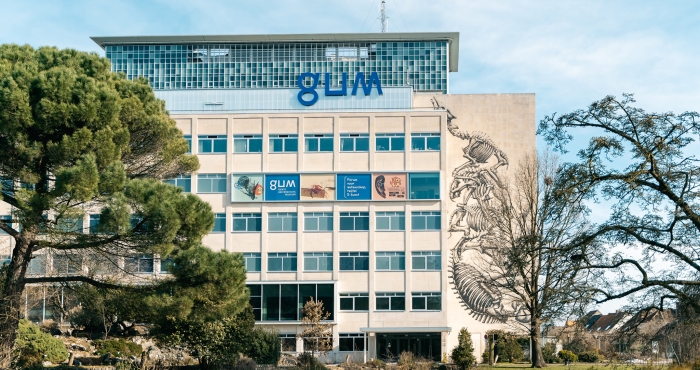
Forum for Science, Doubt & Art
The GUM (Ghent University Museum & Botanical Garden) is the first officially recognized university museum in Flanders. Located in the heart of the University’s Botanical Garden, a green gem in the city of Ghent, the museum and garden form a unified entity. Together, the GUM and the Botanical Garden...
-
Taking the next step: In-situ imaging data through the Video Plankton Recorder 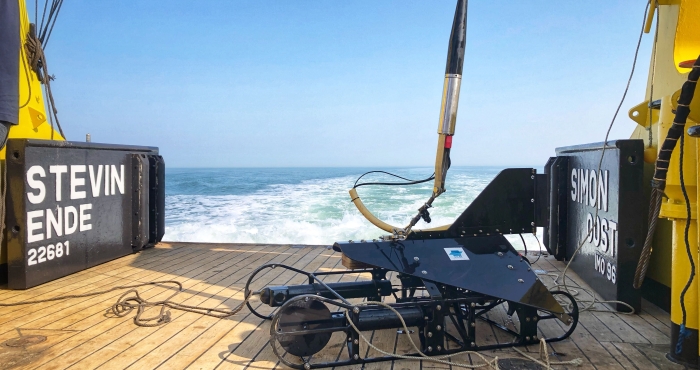
Taking the next step: In-situ imaging data through the Video Plankton Recorder
Zooplankton and phytoplankton are essential to coastal ecosystems, playing crucial roles in marine food webs. Environmental changes like climate change and pollution threaten these delicate communities, making monitoring crucial. The Video Plankton Recorder (VPR), integrated with LifeWatch...
-
SeaWatch-B citizen science data confirm climate change 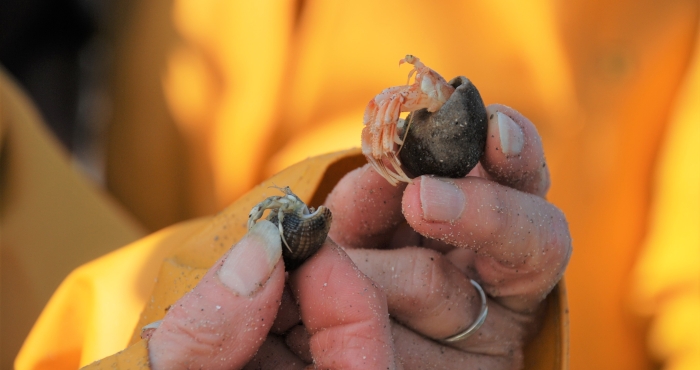
SeaWatch-B citizen science data confirm climate change
The first report "What is the state of the North Sea?" by the LifeWatch citizen science project SeaWatch-B shows that the Belgian North Sea is affected by human activities, more in particular climate change. Cold-water species such as the North Sea shrimp are decreasing in number compared to a...
-
LifeWatch and JERICO-NEXT join forces LifeWatch and JERICO-NEXT join forces
Though plankton communities are omnipresent in our oceans, their wavering dynamics remain obscure. The international collaboration of the LifeWatch and JERICO-NEXT projects enabled to study plankton in the southern North Sea with state-of-the-art infrastructure at an optimal coverage.
-
Patterns in nature: WoRMS images in a unique design book 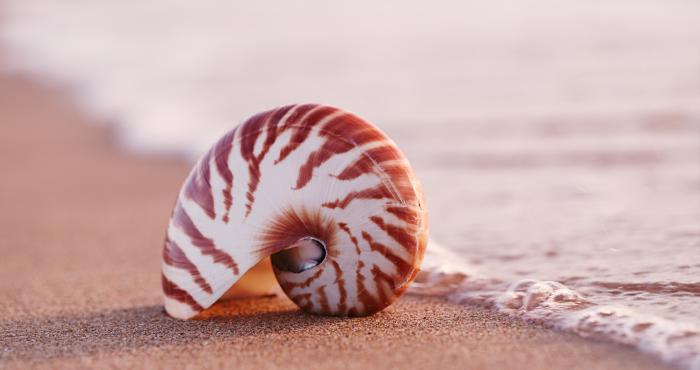
Patterns in nature: WoRMS images in a unique design book
The book Coding, Shaping, Making combines inspiration from architecture, mathematics, biology, chemistry, and other fields to look towards the future of architecture, design and art. It presents ongoing experiments in the search for fundamental principles of form and form-making. This enables us to...
-
To settle or not to settle? Oyster larvae settlement cues investigated 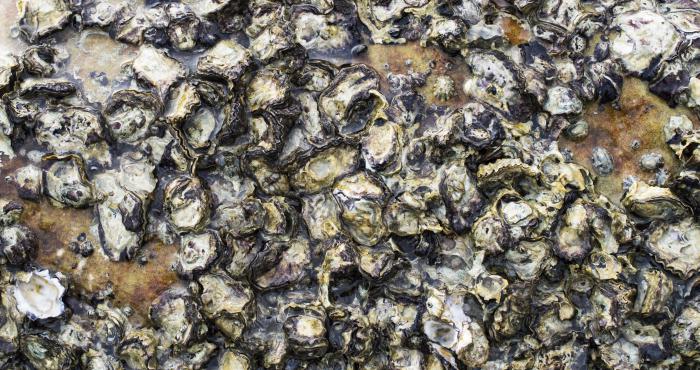
To settle or not to settle? Oyster larvae settlement cues investigated
The inclusion of ecosystem engineers in coastal planning is an approach being considered to mitigate coastal erosion in different environments worldwide. Oysters are reef building and can alter and improve their habitat acting as a barrier for coastal protection by sediment stabilization and wave...
-
WoRMS featured in Blue Planet II 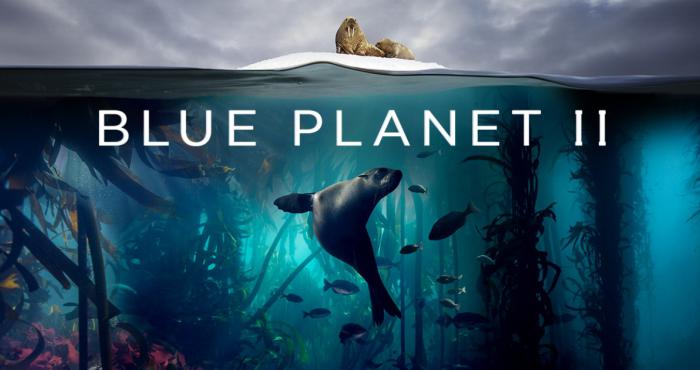
WoRMS featured in Blue Planet II
"Covering almost three-quarters of the Earth's surface, the world’s great oceans are home to an incredibly diverse web of life. The World Register of Marine Species (WoRMS) currently lists just under a quarter of a million species, with new ones being identified all the time. But even as we begin to...
-
Finding Ocean Health in a sea of data 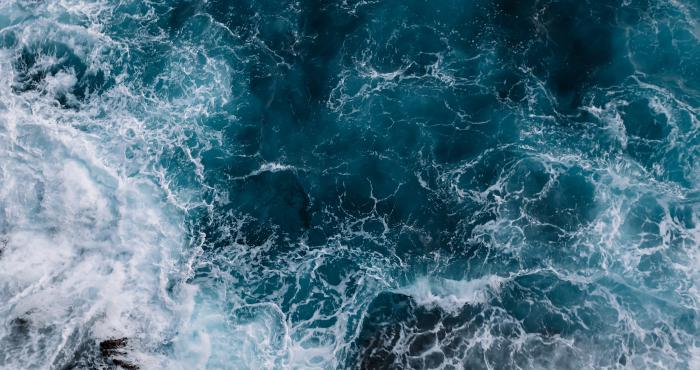
Finding Ocean Health in a sea of data
Ever wondered how the Ocean Health Index gets data for its global assessment of the entire ocean? There's more to it than you'd guess! And Marine Regions is part of the answer!
-
The Big Seashell Survey 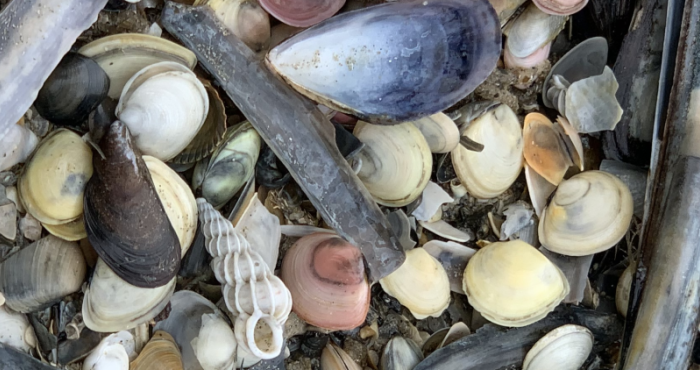
The Big Seashell Survey
Before the Big Seashell Survey started, there was little quantitative information on the species and numbers of shells that wash ashore at the Belgian coast. However, beached shells can say a great deal about climate change, environmental pollution, impact of human activities at sea and changes in...
-
Identifying African bushmeat for sale in Brussels using DNA 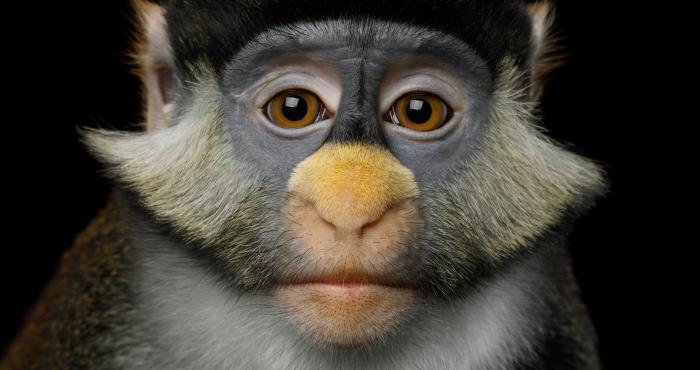
Identifying African bushmeat for sale in Brussels using DNA
Bushmeat is often defined as the meat derived from wild animals, including terrestrial mammals, birds, reptiles and amphibians, harvested for subsistence or trade, most often illegally. It is a freely accessible source of food that can be captured rather than bred and often represents both the...